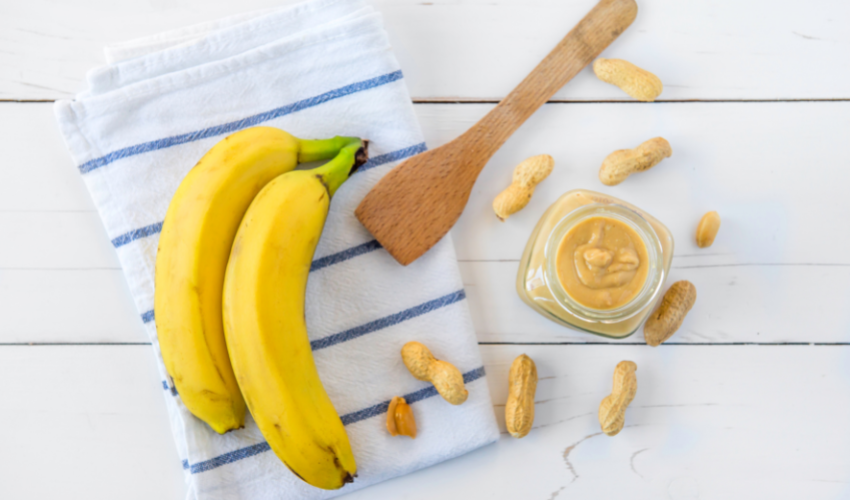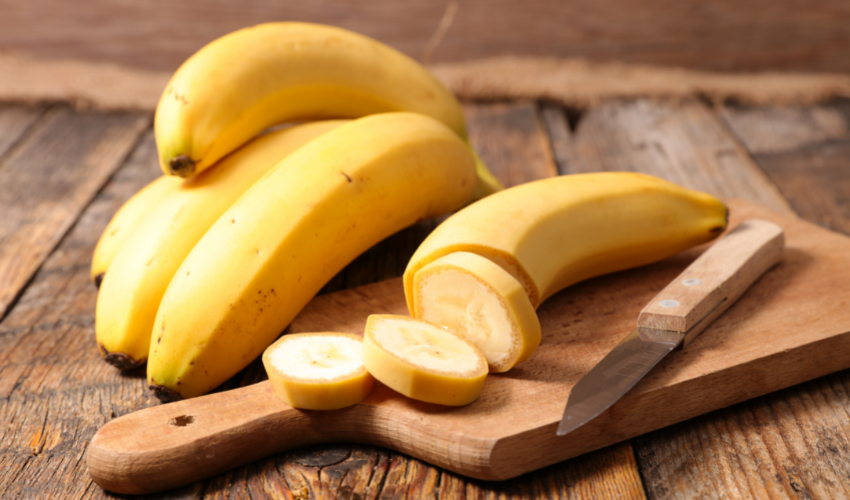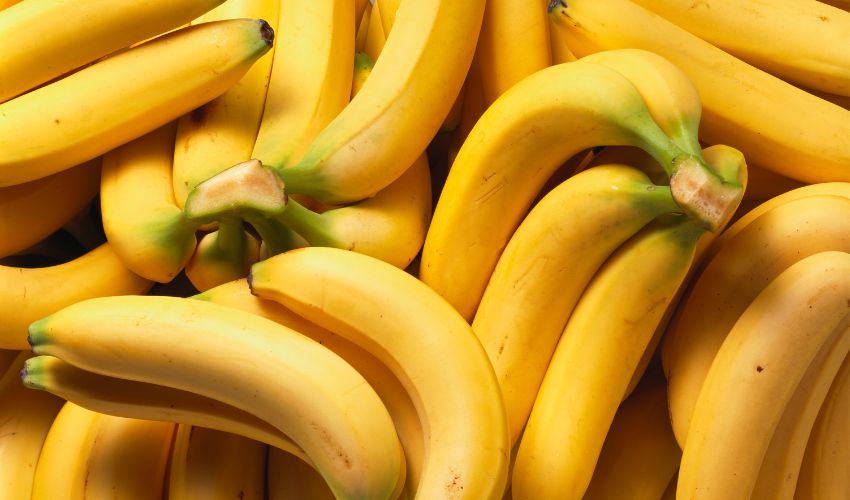Bananas are one of the most popular fruits in the world. They are widely available, affordable, and versatile. They can be eaten as a snack, used in smoothies and baking, or even used in savory dishes. However, one of the key features of bananas is that they are high in carbohydrates. But, what does this mean for those watching their carb intake? In this article, we’ll explore the nutritional benefits of bananas, why they are high in carbs, and how you can incorporate them into a healthy diet.
Why Bananas Are High in Carbs
Bananas are high in carbohydrates because they contain natural sugars, such as fructose and glucose. These sugars provide a quick source of energy, making bananas a popular choice for athletes and active individuals. In addition to their natural sugars, bananas also contain starch, which is broken down into glucose during digestion. This combination of natural sugars and starch makes bananas a good source of carbs.
The Nutritional Benefits of Bananas
Aside from being high in carbs, bananas are also a good source of several key nutrients. These include:
- Potassium: Bananas are a rich source of potassium, which helps regulate blood pressure and supports heart health.
- Fiber: Bananas are a good source of dietary fiber, which helps support digestive health and can also help regulate blood sugar levels.
- Vitamins and Minerals: Bananas are also a good source of vitamins and minerals, including vitamin C, vitamin B6, and magnesium.

Incorporating Bananas into a Healthy Diet
Just because bananas are high in carbs doesn’t mean they are off-limits for those watching their carb intake. Here are a few tips for incorporating bananas into a healthy diet:
- Use them as a pre-workout snack: Bananas’ natural sugars and carbs make them a great option for a pre-workout snack. Their quick-release energy can help fuel your workout.
- Mix them with other foods: Mixing bananas with other foods, such as Greek yogurt or almonds, can help slow down the release of their natural sugars and provide a more sustained source of energy.
- Go for ripe bananas: Ripe bananas are sweeter and have a lower glycemic index, which means they are less likely to cause spikes in blood sugar levels.
Frequently Asked Questions
Are bananas high in carbs compared to other fruits?
Yes, bananas are relatively high in carbs compared to other fruits. For example, a medium-sized banana contains about 27 grams of carbs, while a medium-sized apple contains about 19 grams of carbs.
Can I eat bananas if I am trying to lose weight?
Yes, bananas can still be part of a weight loss diet as long as they are consumed in moderation and paired with other low-carb foods. Additionally, ripe bananas have a lower glycemic index and can help regulate blood sugar levels, which can be beneficial for weight loss.
Is it okay to eat bananas if I have diabetes?
Yes, bananas can still be part of a healthy diet for those with diabetes. However, it’s important to monitor portion sizes and pair them with other low-carb foods to help regulate blood sugar levels.
Can bananas be a good snack for athletes?
Yes, bananas can be a good snack for athletes due to their natural sugars and carbs, which provide a quick source of energy. Additionally, bananas are also a good source of potassium, which is important for muscle function and helps regulate fluid balance in the body.
Do bananas have any other health benefits?
Yes, bananas have several other health benefits, including:
- Supporting heart health: The potassium in bananas helps regulate blood pressure and supports heart health.
- Improving digestive health: The fiber in bananas helps support digestive health and can also help regulate blood sugar levels.
- Boosting immunity: Bananas are a good source of vitamin C, which helps support the immune system and protect against illness.
Conclusion
Bananas are a delicious and versatile fruit that are high in carbs. Despite this, they can still be a healthy addition to your diet when consumed in moderation. Bananas are a good source of several key nutrients, including potassium, fiber, vitamins, and minerals. By incorporating them into a healthy diet and pairing them with other low-carb foods, you can enjoy the many benefits of bananas without having to worry about their carb content. So, next time you reach for a snack, consider reaching for a banana!
Looking for more ways to enjoy the benefits of a low-carb lifestyle? Head over to our site to discover the Top 10 Healthy and Delicious Low-Carb Breakfast Foods and kickstart your day with a nutritious and satisfying meal!

